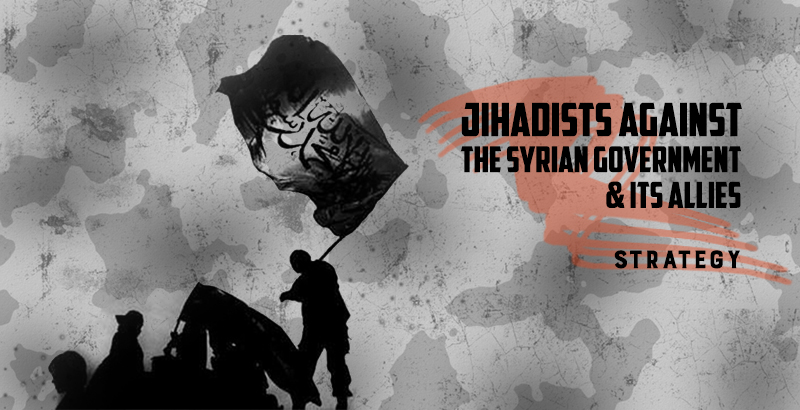
Since its appearance in the Middle East, ISIS has become a powerful war machine constantly fighting in Syria and Iraq against a diverse range of opponents: the Syrian and Iraqi governments, Kurds, Hezbollah, Shia militias and even rival terrorist organisations. The Russian military operation in Syria has changed the military balance in the region and has driven terrorist groups to change their tactics. The most dangerous part of this development is the prospect of rival terrorist groups working together.
The Russian military involvement has pushed these terrorist groups to develop new co-operation mechanisms to counter the alternative anti-ISIS coalition’s force. The militant leaders consider 2 main approaches:
The first option is to concentrate forces in Raqqa which is ISIS’ capital in Syria and a crucial logistical point. This approach is especially popular among foreign mercenaries.
The second option is to not concentrate forces in Raqqa. Instead, they plan to widen the frontline and avoid a major concentration of forces and facilities. It should help to weaken the effects of the Russian air campaign. Chechen, Turkish, Uzbek and Uyghur ISIS militants support this plan.
Some ISIS units are also ready to provide support to some “moderate” terrorist groups like “Ahrar Ash-Sham”, “Liwa al-Tawhid”, “Jaish al-Fatah” and “Jabhat al Islamiya” fighting in the provinces of Aleppo and Latakia.
Some ISIS militants, mainly of Chechnyan, Turkish and Central Asian descents seek to move the terrorist activity to Russia, Central Asia, Xinjiang Uygur Autonomous Region, the United States and Europe. They also believe that the idea to defend Raqqa is wrong because then the ISIS forces will become an easy target for air raids.
According to unconfirmed reports, the ISIS militants are ready to unite their efforts with other Syrian terrorist groups to continue to expand their influence in Syria, Russia and other parts of the world.
The terrorist strategists count on their expectations that the world powers will be unable to find a joint position in regard to the Syrian conflict. Thus, terrorist groups could use this dividedness to expand their influence and capture new territories. The mastermind behind theses terrorists contingency planning are mainly foreign supporters and sponsors of these Syrian and Iraqi terrorist groups. Nonetheless, their success will depend on the major world powers’ ability to develop a joint approach in Syria.



